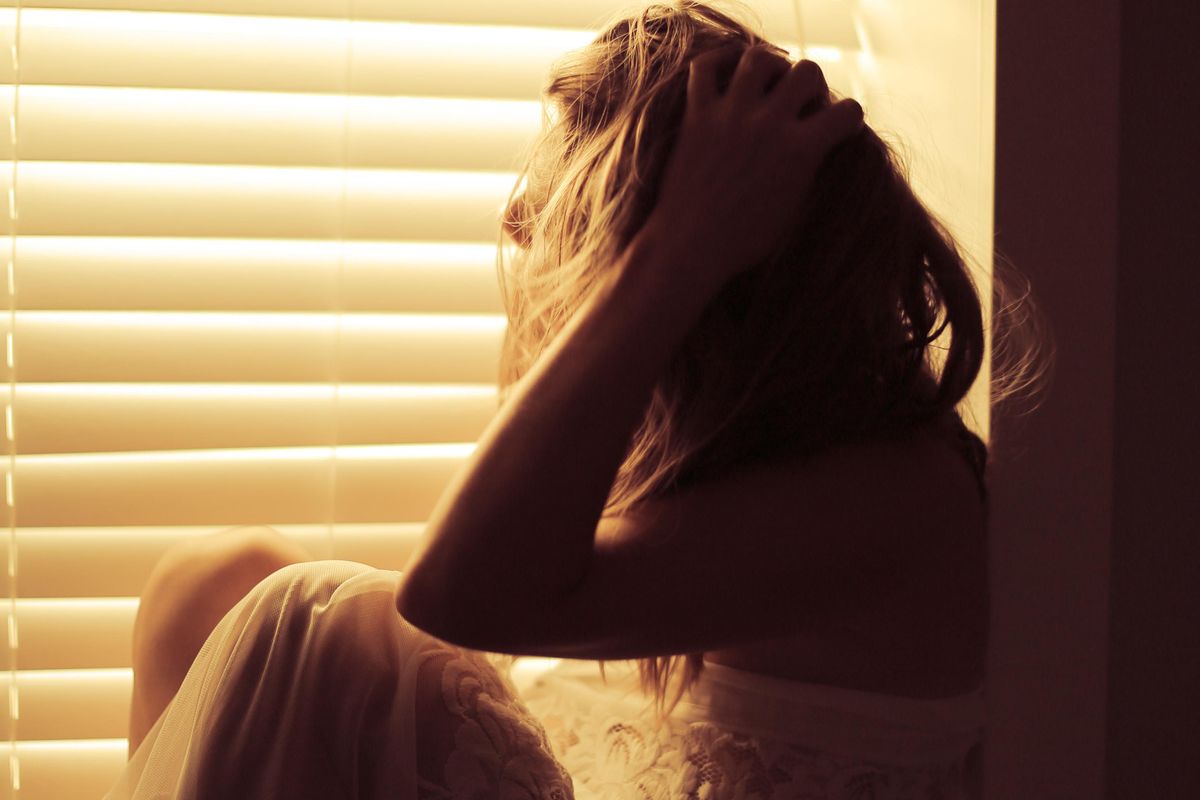Bereavement during lockdown: Is grieving alone contributing to the UK's current mental health crisis?
My experience with bereavement has been a real eye-opener to the impact lockdown has on grief.

Experts have warned the government that the third lockdown has triggered an unprecedented mental health crisis. The charity Mind has reported the highest number of visitors to its support page since April. The National Office for Statistics (ONS) released figures showing that one in five Brits suffered from depression in June 2020, which is close to double the figures of those recorded in June 2019.
Bereavement in lockdown is having a catastrophic effect on people experiencing grief, which adds to the current mental health crisis. When somebody loses a loved one, the natural response is to reach out to friends and family for support. Friends and family naturally want to come and offer company and be there at such a difficult time.
Due to the lockdown restrictions, many people are going through the most challenging experience of their lives in complete isolation. Some people are adjusting to living alone for the first time in years. Children are adjusting to life without a parent in a time when schools have closed, taking away the support systems they would normally offer.
My family experienced this first hand after losing my dad unexpectedly in September. He died from a heart attack at the age of 66. My mum is left behind to take care of my 30-year-old brother, who has autism and learning difficulties, and my 15-year-old nephew, who my parents raised. They are not allowed to have visitors due to lockdown restrictions, and the tier system has made socially distanced walks very difficult.
They have been unable to access counselling services due to the strain on the NHS. I have been fortunate enough to access telephone counselling via my GP (but not grief counselling). Telephone counselling has definitely been helpful to me, and it certainly has it's benefits. A pandemic is a clear obstacle to attending appointments for many people, so being able to receive the necessary support when I need it most has been invaluable. However, I think it is no match for face to face counselling.
I have also benefited from online grief support groups on social media. In these groups, I learned that our family's story is a very familiar one. People all over the UK are isolated and lonely at a time when they need support the most. Furthermore, as time moves on and the phone calls and texts dry up, it remains extremely difficult to keep your mind far from grief.
Distraction is in short supply when we are bound by the walls of our home. There has never been a worse time to lose a loved one, yet it's happening now more than ever. The ONS reported that the UK death toll for the week ending 8th January was over 6,000 higher than the five-year average. Everyone is suffering right now due to Covid, but those grieving in lockdown are going through their darkest times alone.
Have you got something to say about this subject? Submit a post here and start the conversation.
- Why the newly created tier 4 is a devastating blow to many - Indy100 ... ›
- It's okay to vent about your mental health issues as a man - Indy100 ... ›


